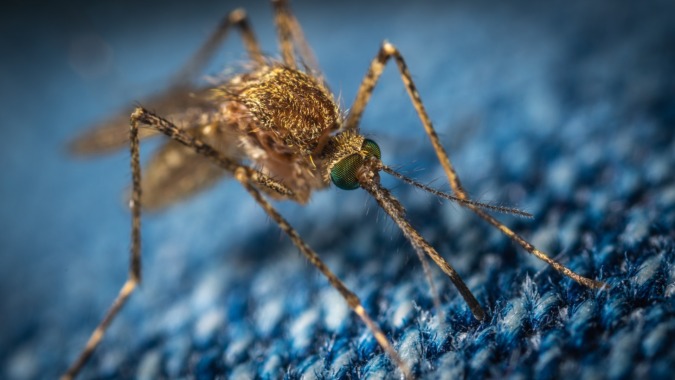
Team Edward, Team Jacob, and Team Leeches? Unlikely. Despite the dedicated fan following of Hollywood vampires, particularly within the Twilight series, actual blood-feeding creatures don’t enjoy the same affection. Serving as carriers of diseases and frequently evoking a sense of unease, they shatter the notion that blood consumption is invariably alluring.
Among these adaptations, the intriguing yet often unsettling phenomenon of blood consumption has captured the attention of scientists and enthusiasts alike. From insects to birds, various creatures have developed the ability to sustain themselves through the consumption of blood, revealing the complex strategies that exist in nature’s delicate balance.
Since you showered so much love on our Webstory on Animals That Drink Blood, we thought we will tell you a little more in this article.
Mosquito
These airborne insects are a common presence for the majority of individuals. Yet, what often escapes notice is that it’s exclusively the female mosquito that indulges in human blood consumption, a necessary act for egg production.
Although mosquitoes generally manifest as nuisances—the itching bump resulting from a mosquito bite is a response to its saliva—certain unlucky individuals come to realize that mosquitoes have the capability to convey a range of grave illnesses, such as yellow fever, malaria, filariasis, and dengue.
This is precisely why mosquitoes hold the distinction of being among the most lethal creatures on the planet.
Flea
Here’s another bothersome yet deceptively innocuous insect that wields a truly lethal potential—think along the lines of Black Death lethality. These blood-feeding creatures are suspected to have played a role in triggering the bubonic plague, responsible for wiping out a significant portion of Europe’s inhabitants during the Middle Ages.
As rats carrying the infection met their demise, fleas sought out humans as an alternative source of blood, unwittingly transmitting the disease. It’s quite a contrast to the notion that fleas are merely a concern for our canine companions.
Bedbug
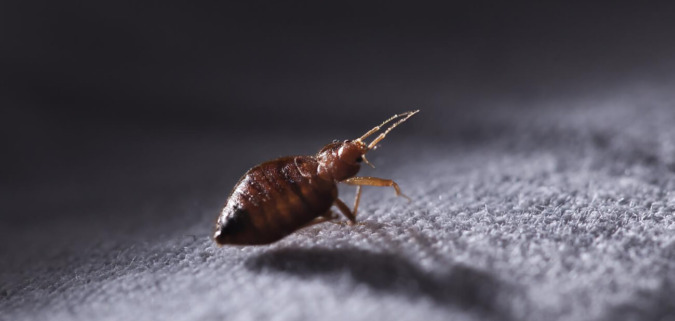
Rest well and may bedbugs not disturb your slumber. This whimsical rhyme falls short of capturing the genuine horror of bedbugs. Referred to as the “flawless parasites,” these minuscule creatures dine nocturnally, frequently during their host’s sleep, and their bites go unnoticed due to an anesthetic they inject. Subsequently, the bites frequently transform into irritating welts.
Thankfully, bedbugs aren’t carriers of diseases. Regrettably, eradicating them can prove to be a challenging endeavor.
Oxpecker
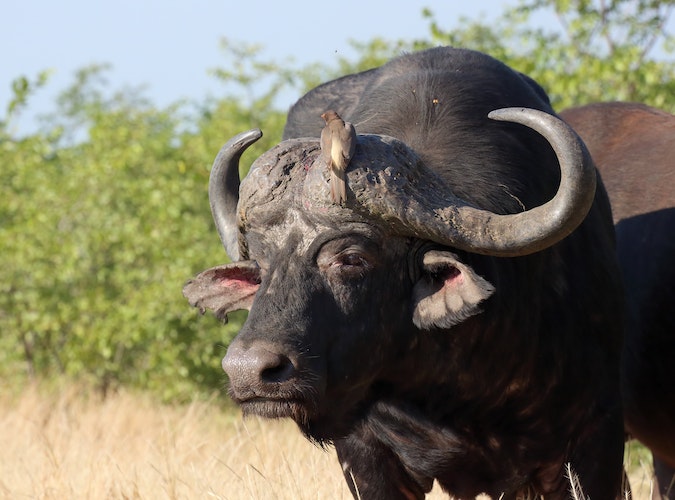
Why should insects monopolize all the enjoyment? These African avian creatures, also recognized as tick birds, take up residence on cattle and large game animals, diligently ridding their hosts of ticks, flies, and maggots nestled within their hides.
Initially, this might appear quite considerate, until you uncover the fact that oxpeckers also partake in consuming the blood flowing from wounds on their host animals—hindering the healing process and on occasion even instigating the wounds themselves.
Vampire Finch
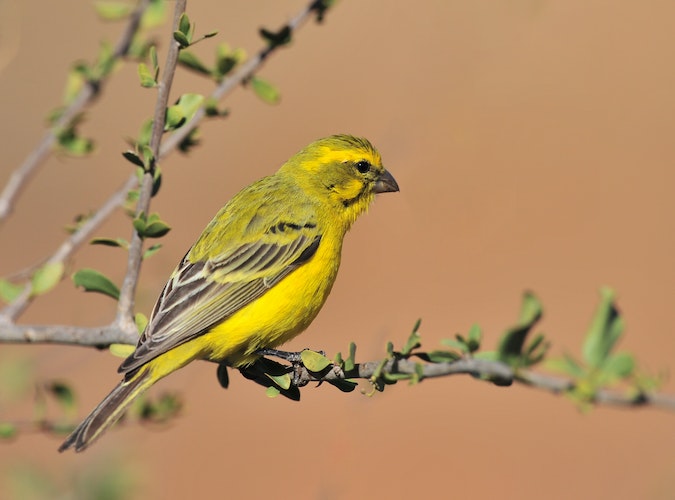

Yet another avian with a penchant for blood, the vampire finch resides within the Galapagos Islands. While they do partake in seeds and insects like their fellow finch counterparts, vampire finches possess an additional appetite for blood.
Their chosen quarry is the booby bird, oddly unfazed by its role as a meal source. Strangely enough, the booby often remains composed as a lengthy line of vampire finches forms, eagerly anticipating their turn for a sip.
Lampreys
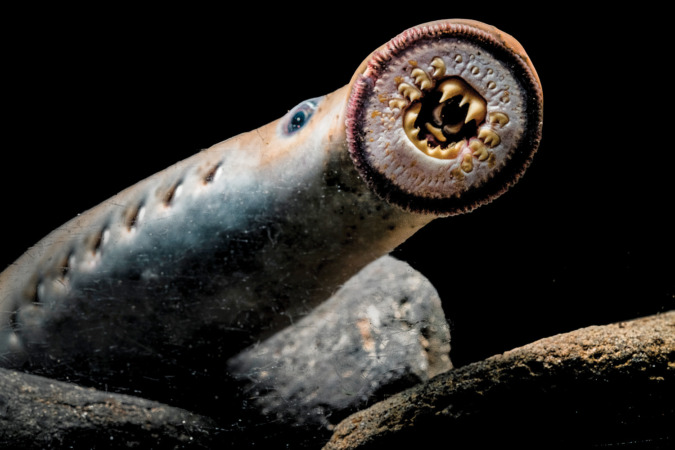

Venturing into aquatic realms, lampreys stand as one of the oldest examples of blood-feeding animals. These eel-like creatures attach themselves to other fish using their sucker-like mouths and feed on their host’s bodily fluids, including blood. Their ancient lineage and distinctive parasitic lifestyle provide insights into the evolutionary history of blood consumption.
While the concept of animals feeding on blood might evoke unease, it also serves as a reminder of the incredible diversity of life on Earth. Through these adaptations, species have found their own niche in the grand tapestry of nature.
Studying blood-feeding animals not only unveils unique ecological relationships but also deepens our understanding of evolution, behavior, and the intricate mechanisms that drive the survival and persistence of life forms across the globe.
Related posts:
- Best Workouts For Delts: The Ultimate Workout Guide
- Unveiling the Health Benefits of Green Tea and Honey
- Four Easy Ways To Relax Your Body
- Six Benefits of Getting Your Crooked Teeth Fixed
- How to Find the Best Dentist for You: Things You Must Consider
- Postpartum Depression: Understanding, Coping, and Healing











